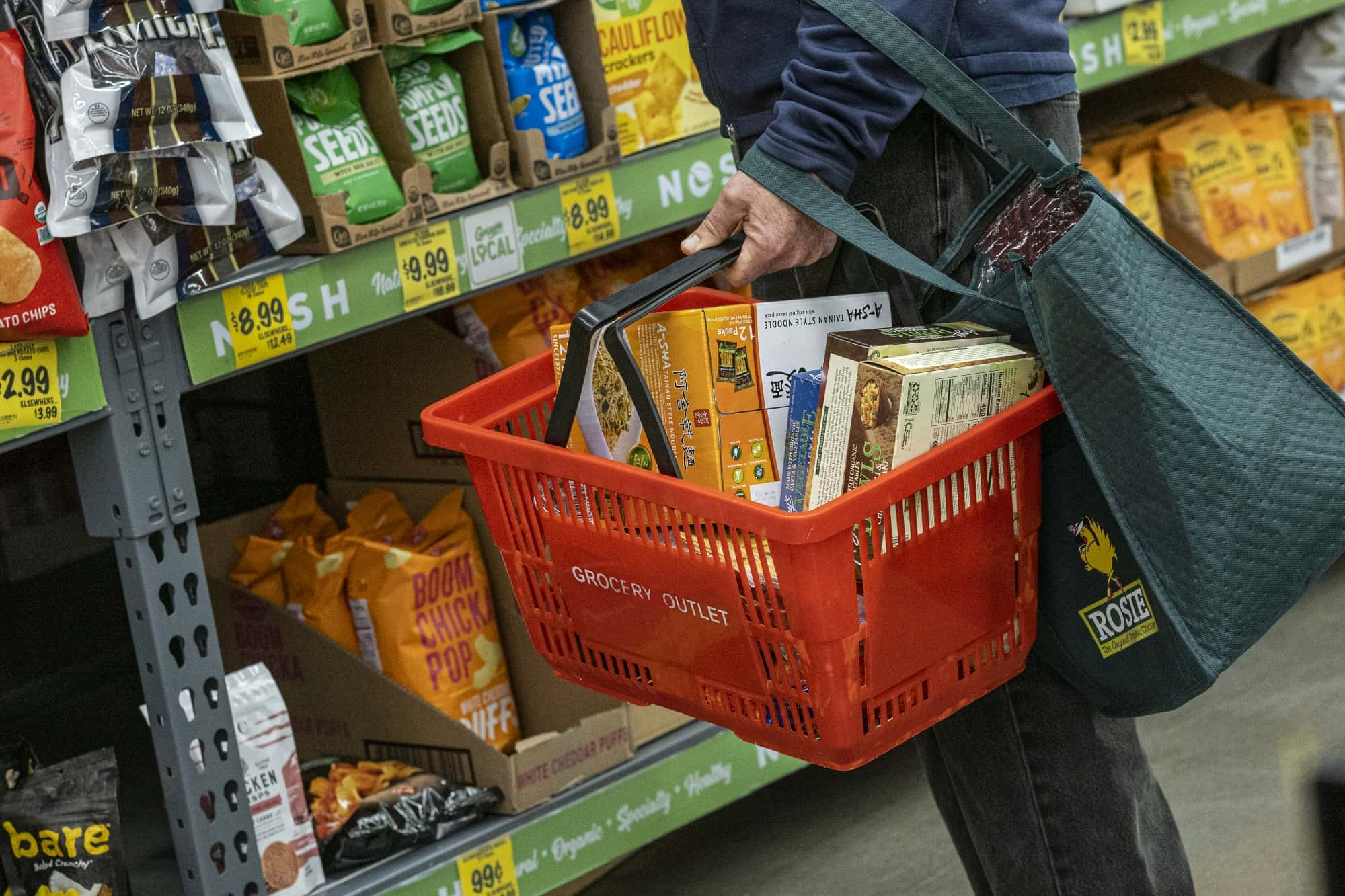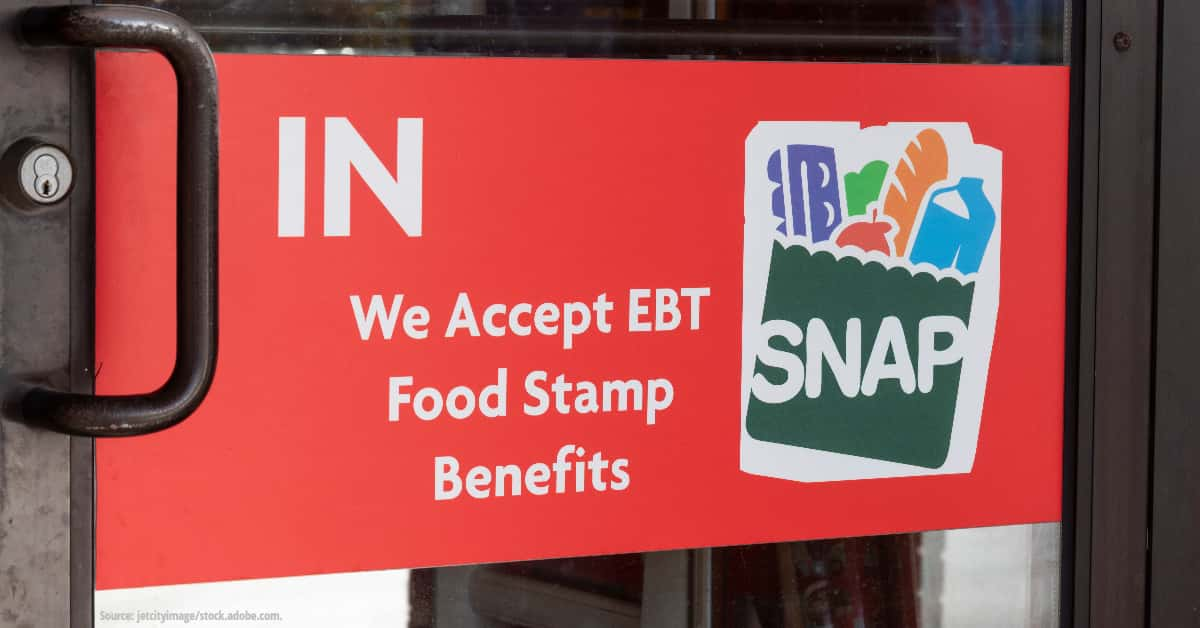The harmed families’ discretionary retail spending is being significantly impacted by the demise of the COVID-era rise to SNAP payments.
This is supported by the newest study from Circana (previously IRI and The NPD Group), which indicated that modifications have recently been made to the Supplemental Nutrition Assistance Program (SNAP), such as the ending of COVID relief payouts nationwide in March. Previously, the initiative was referred to as food stamps.

As per the Circana research, the final countrywide termination of further SNAP payments in March resulted in a $23 billion annual reduction in food and drink assistance. As a result, SNAP families decreased their monthly expenditures on meals and drinks by an average of nearly 35% of the benefits that were lowered in the first few months after the funding reductions.
Consumption of non-food products has declined in SNAP families at a rate that is more than 3 times faster than their expenditures on beverages and food.




